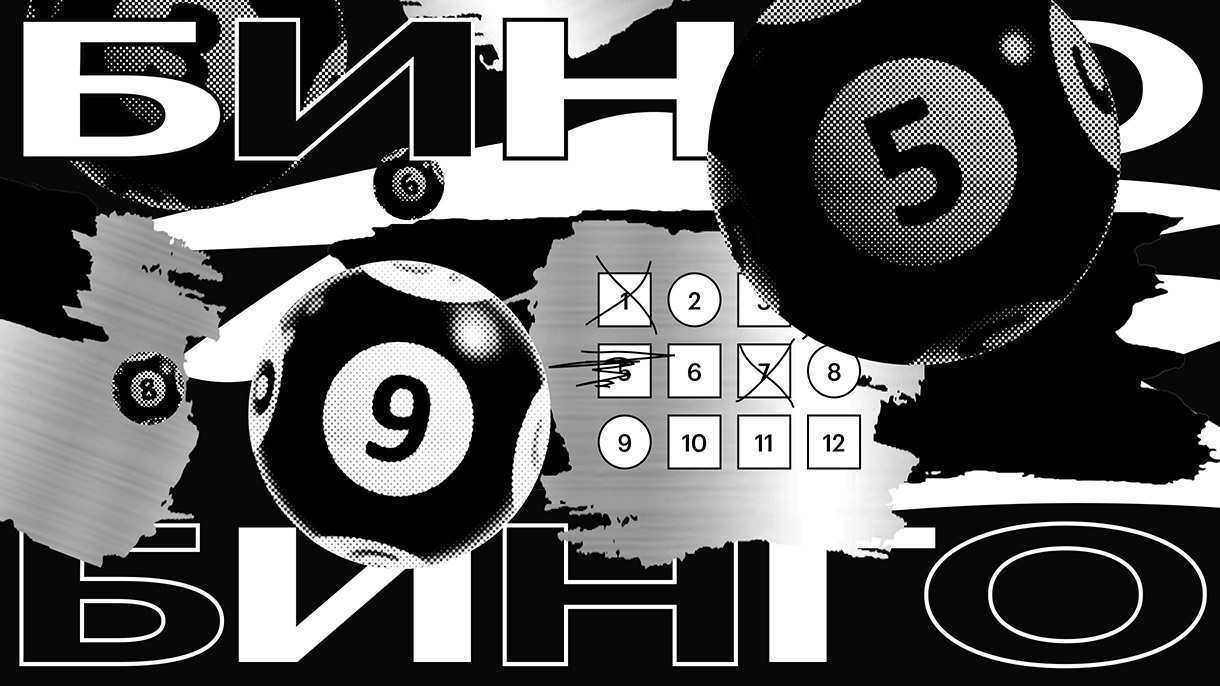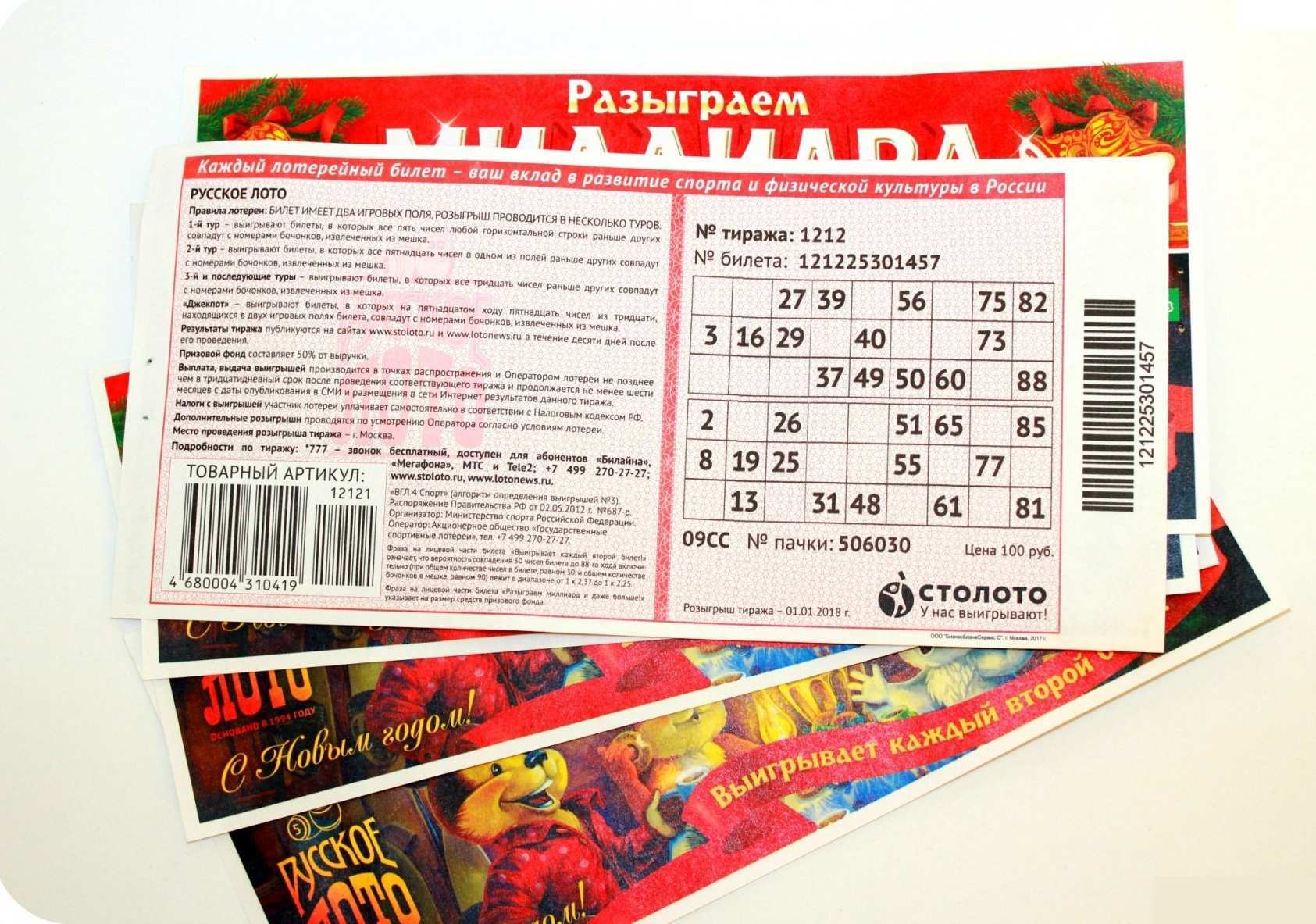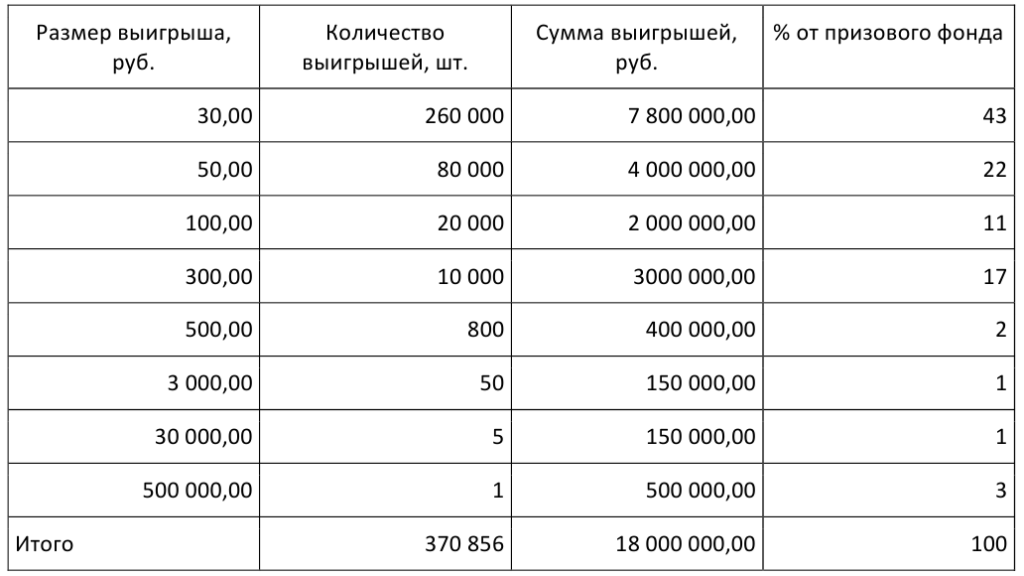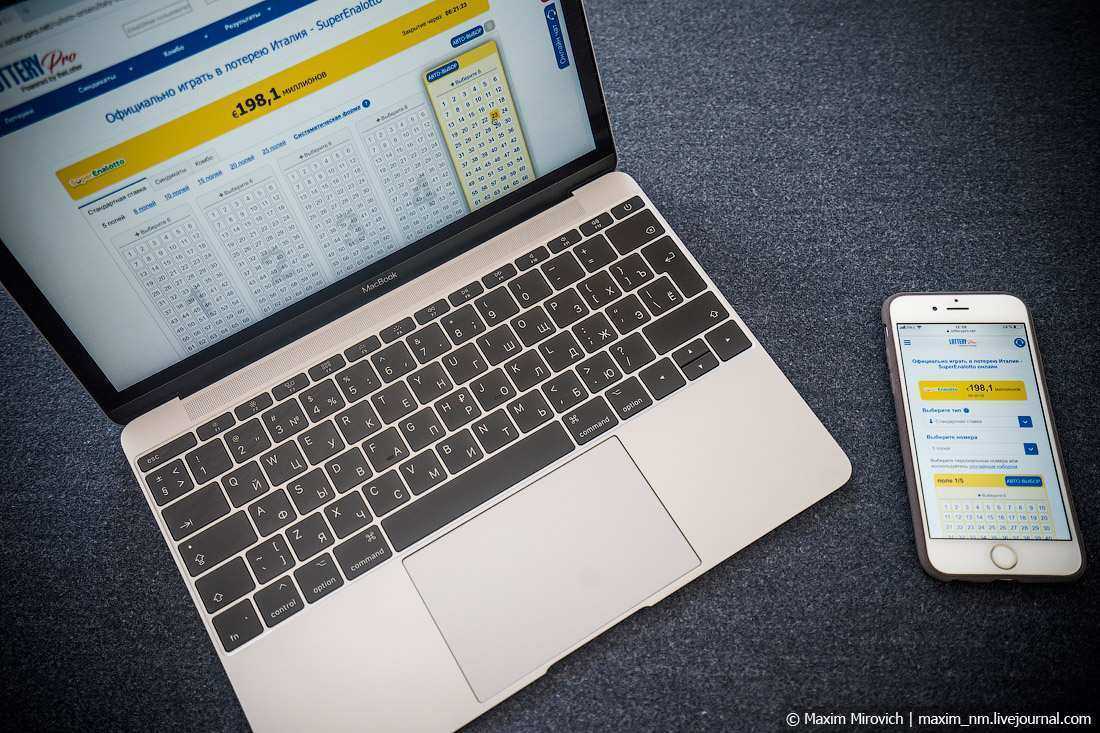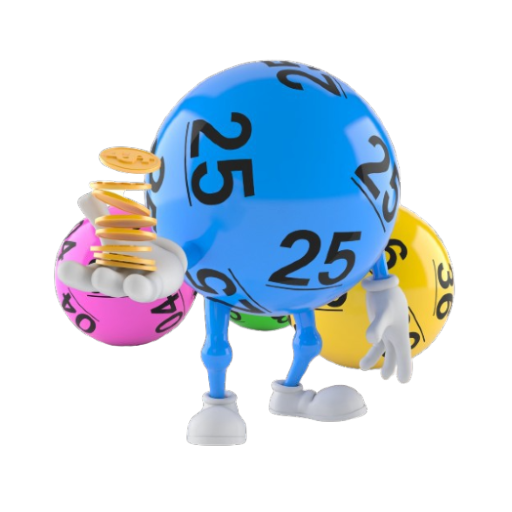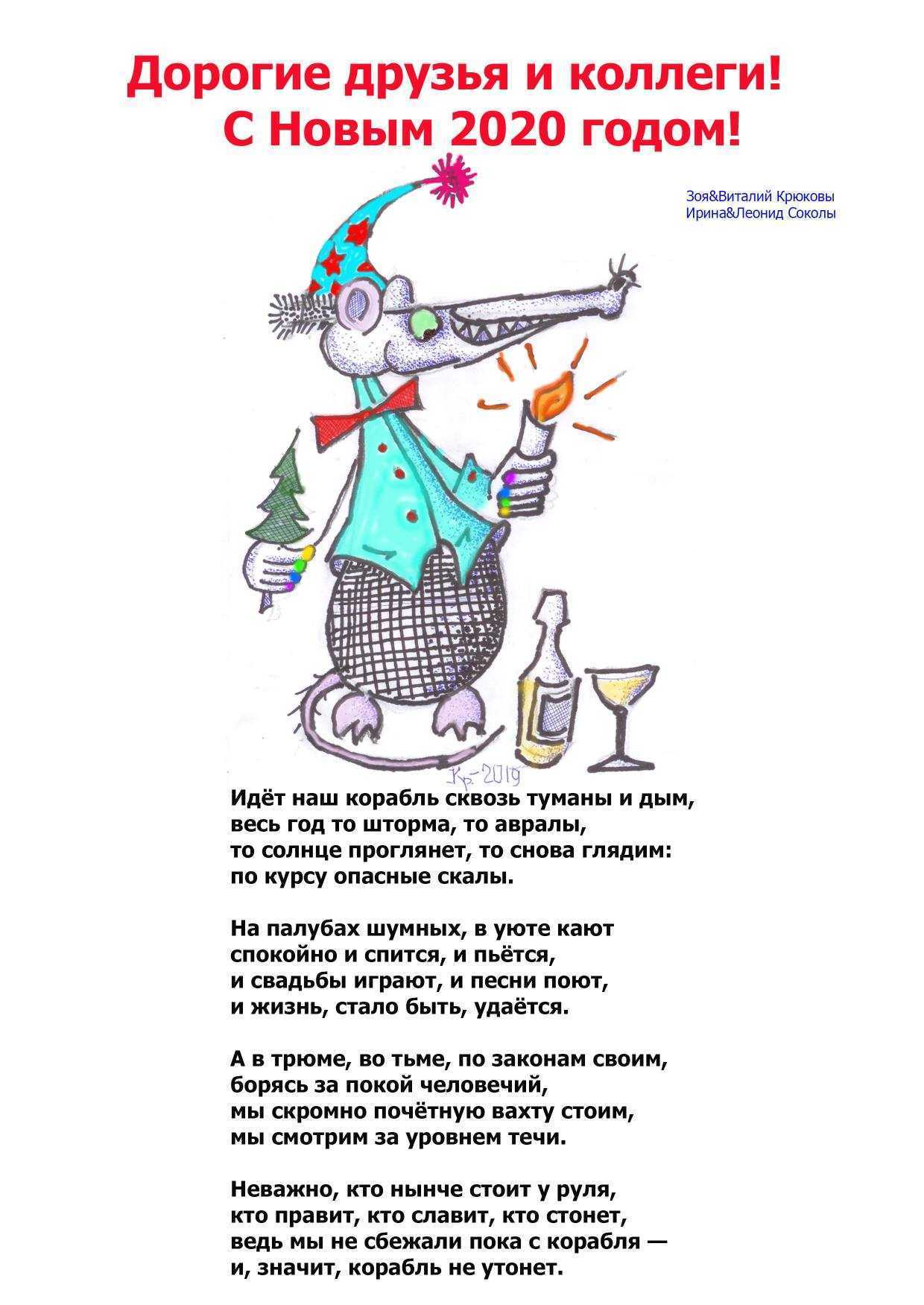Actions, which "slow down" the winning
Then the eyes of scientists turned to psychologists. Since the lottery drum cannot be made to throw balls, as we please, then you need to understand the psychology of the "average" player. Understand, what is most people guided by, crossing out numbers on a lottery ticket. There is a certain pattern, which determines that, what chance does this or that person have to win the lottery.
At first, of 49 numbers, most strikethrough occurs on a number of numbers from 1 to 30, and from 1 to 17 - five times more, than the numbers in the series 38-49. There are several explanations of this tactic - these are dates of birth, weddings, other important life moments, which fall on a numeric monthly cycle 1-31, some people's love for prime numbers, haste in filling out the ticket.
Secondly, avoiding filling adjacent numbers in the ticket, both horizontally, and vertically. But there are many winning lottery tickets it was with such numbers, what people don't react to, considering, that such a probability is too small.
Thirdly, many lottery participants are simply pathologically trying to fill in or cross out numbers like this, so that some kind of correct figure does not turn out, or some kind of pattern. Probably, distrust of everything that is ideal is at the genetic level. But in vain! Any combination of numbers has the odds of winning.
As soon as the player moves away from the accepted stereotypes of thinking, learn to think outside the box, not so, as the bulk of the participants in the game, from that moment on, his chances of luck increase many times.
And the chances increase with the purchase of more than one lottery ticket, and several. And the more you buy them, the more chances of winning.
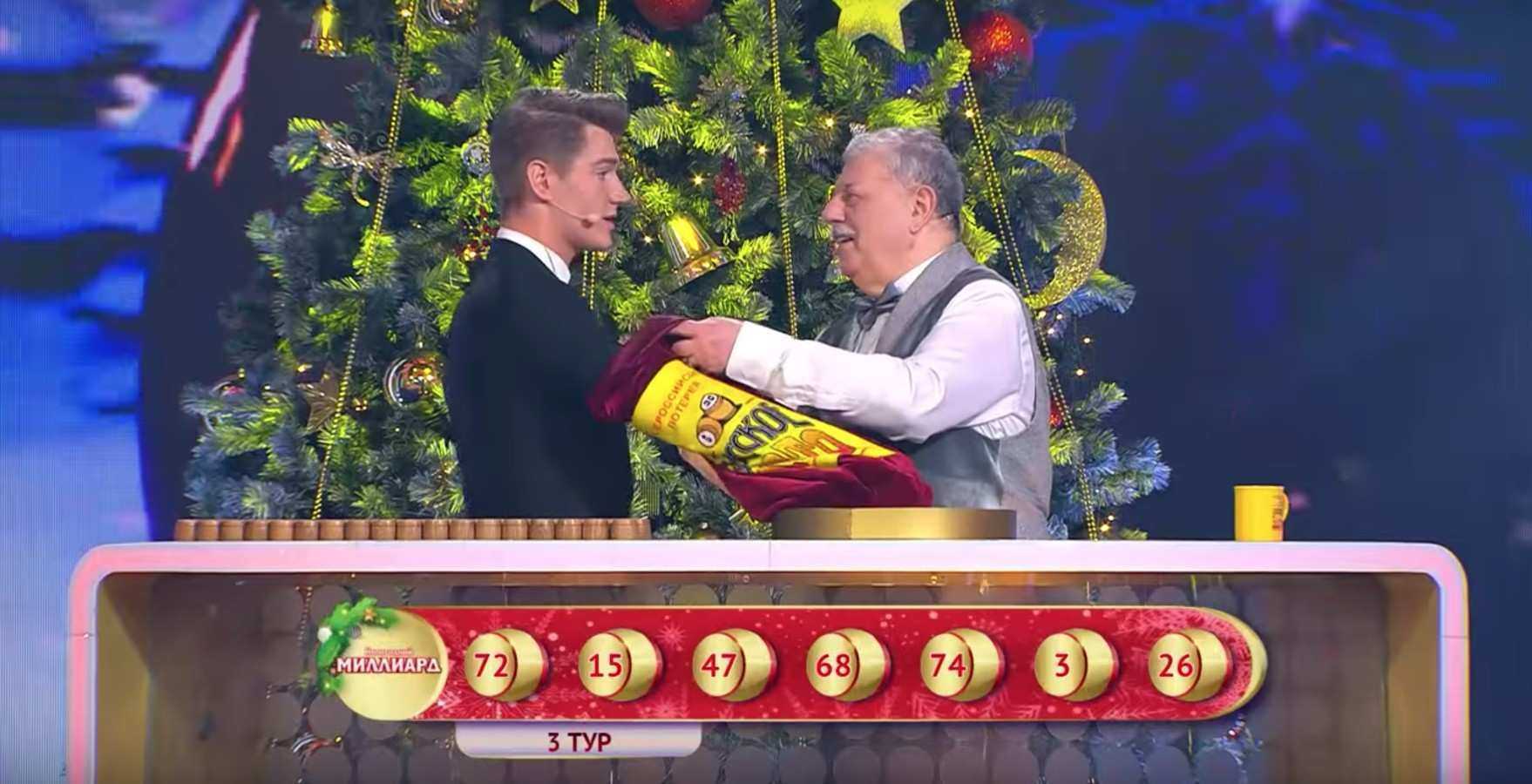
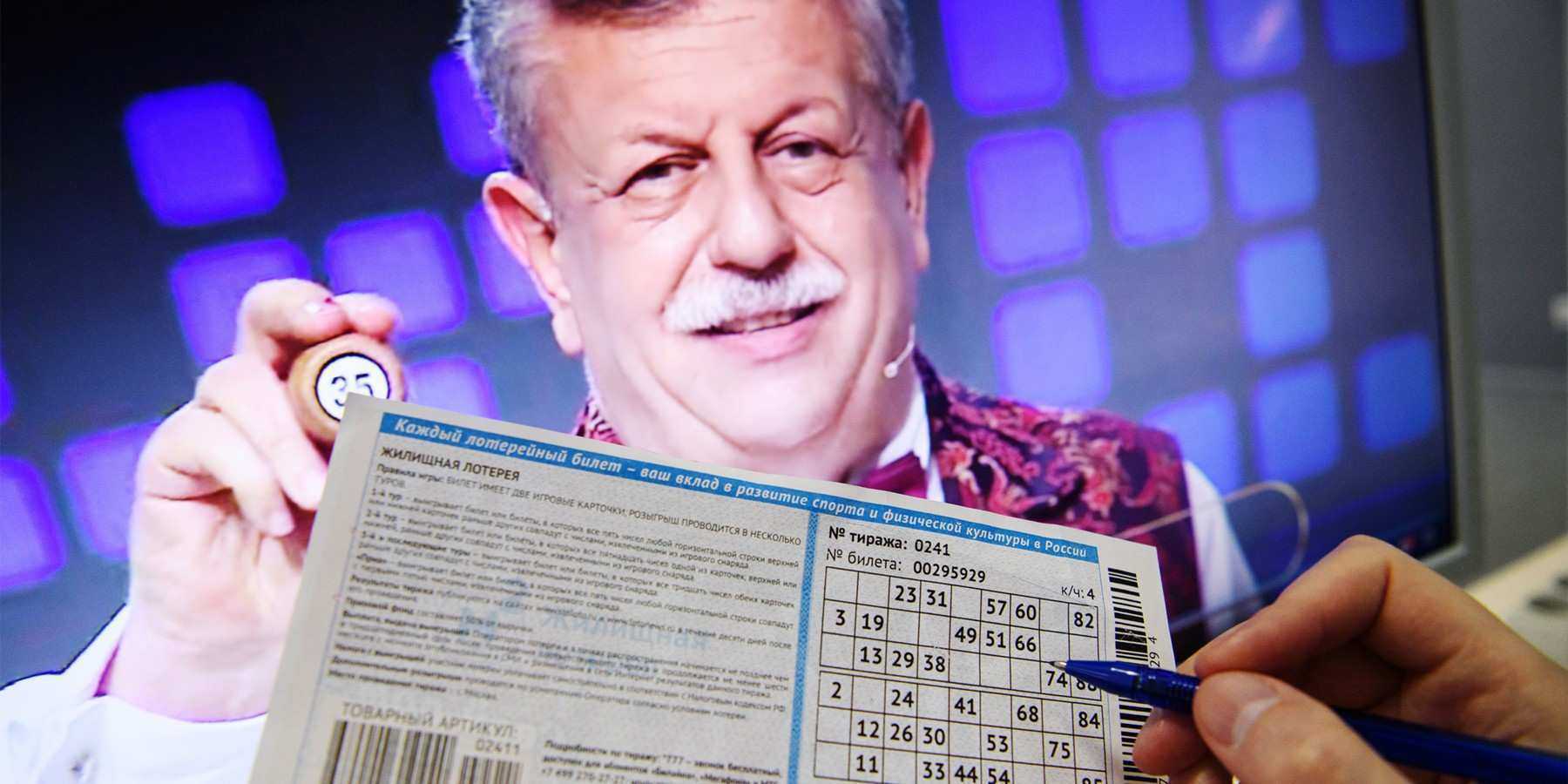
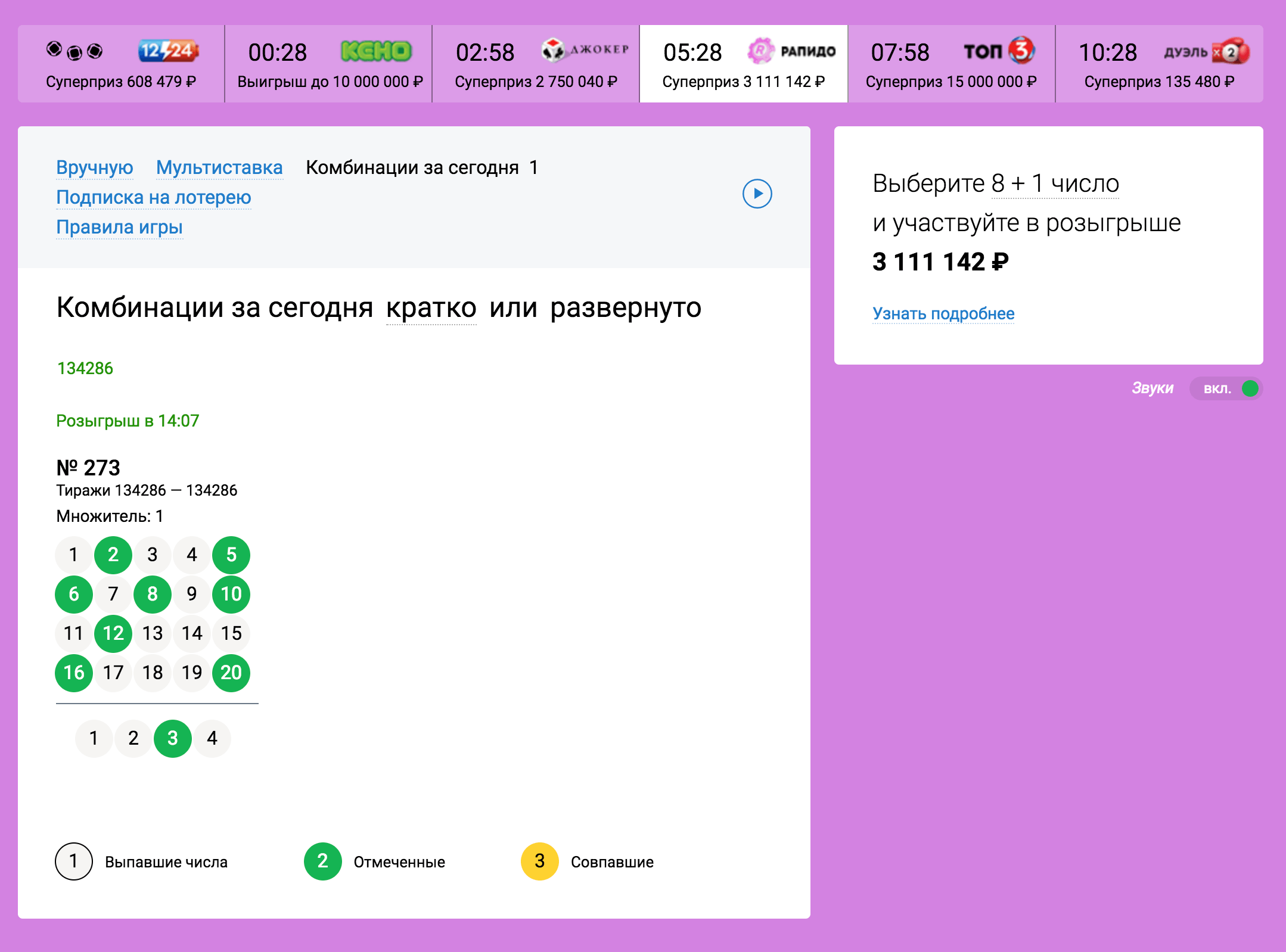

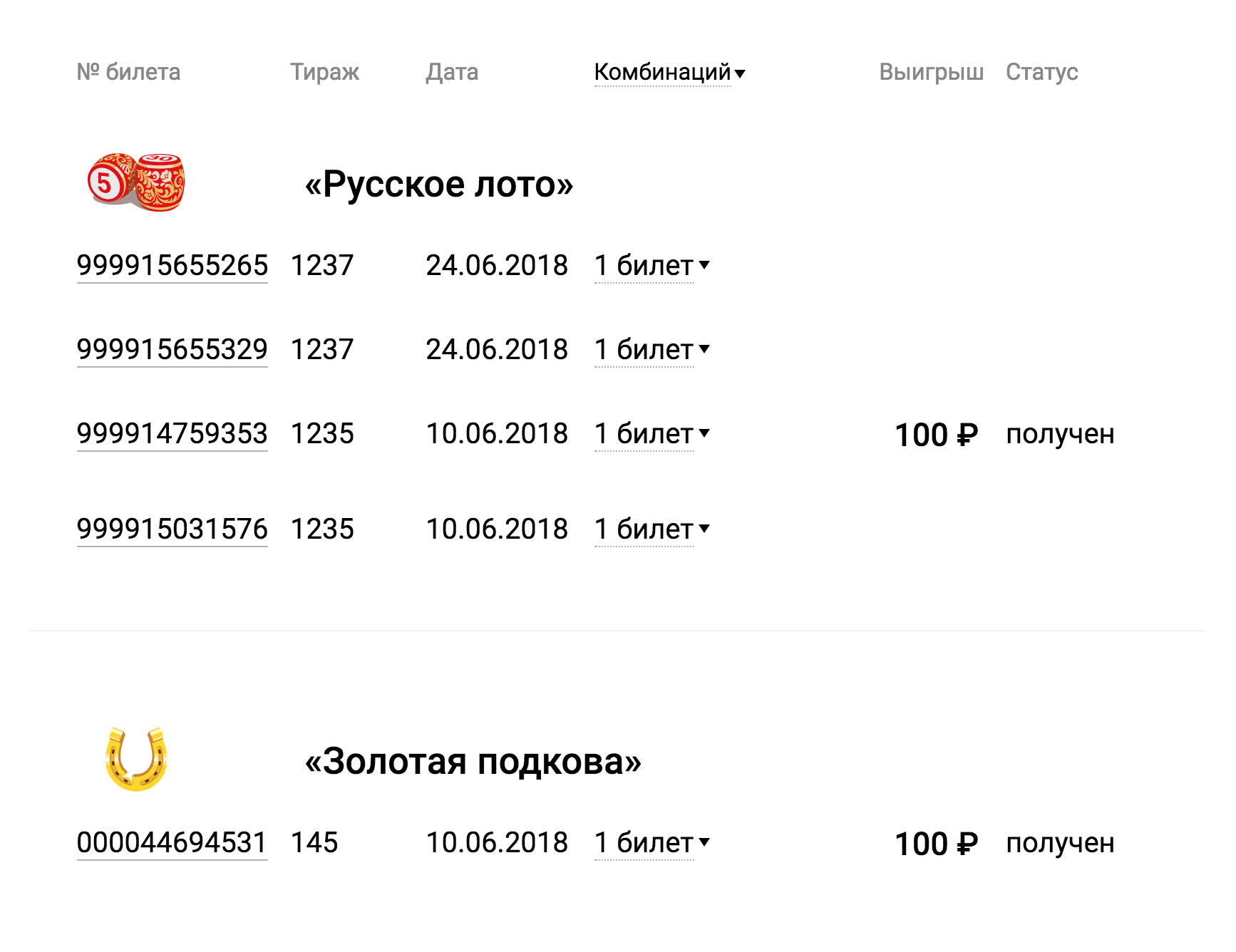
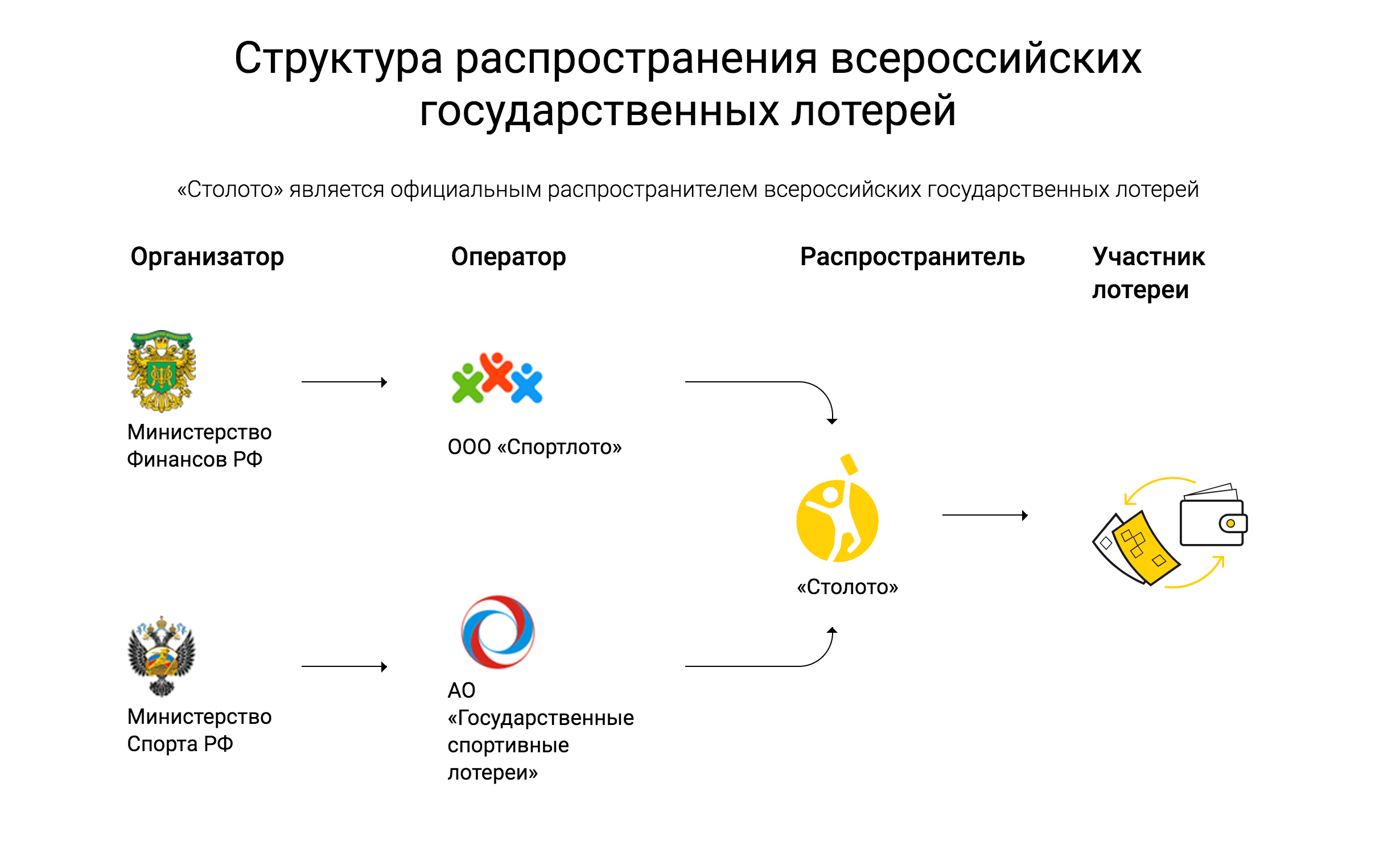
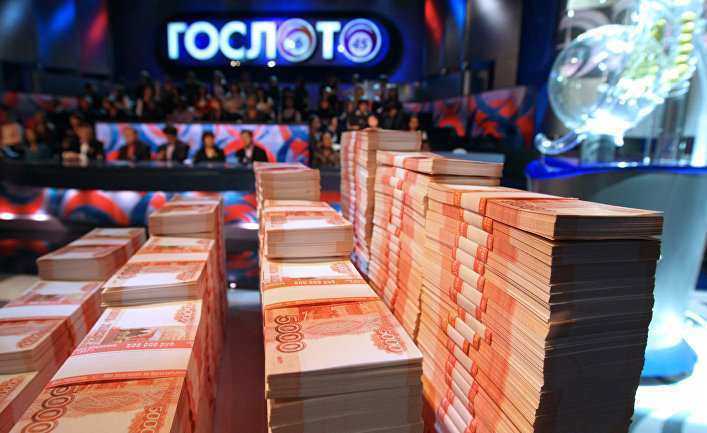
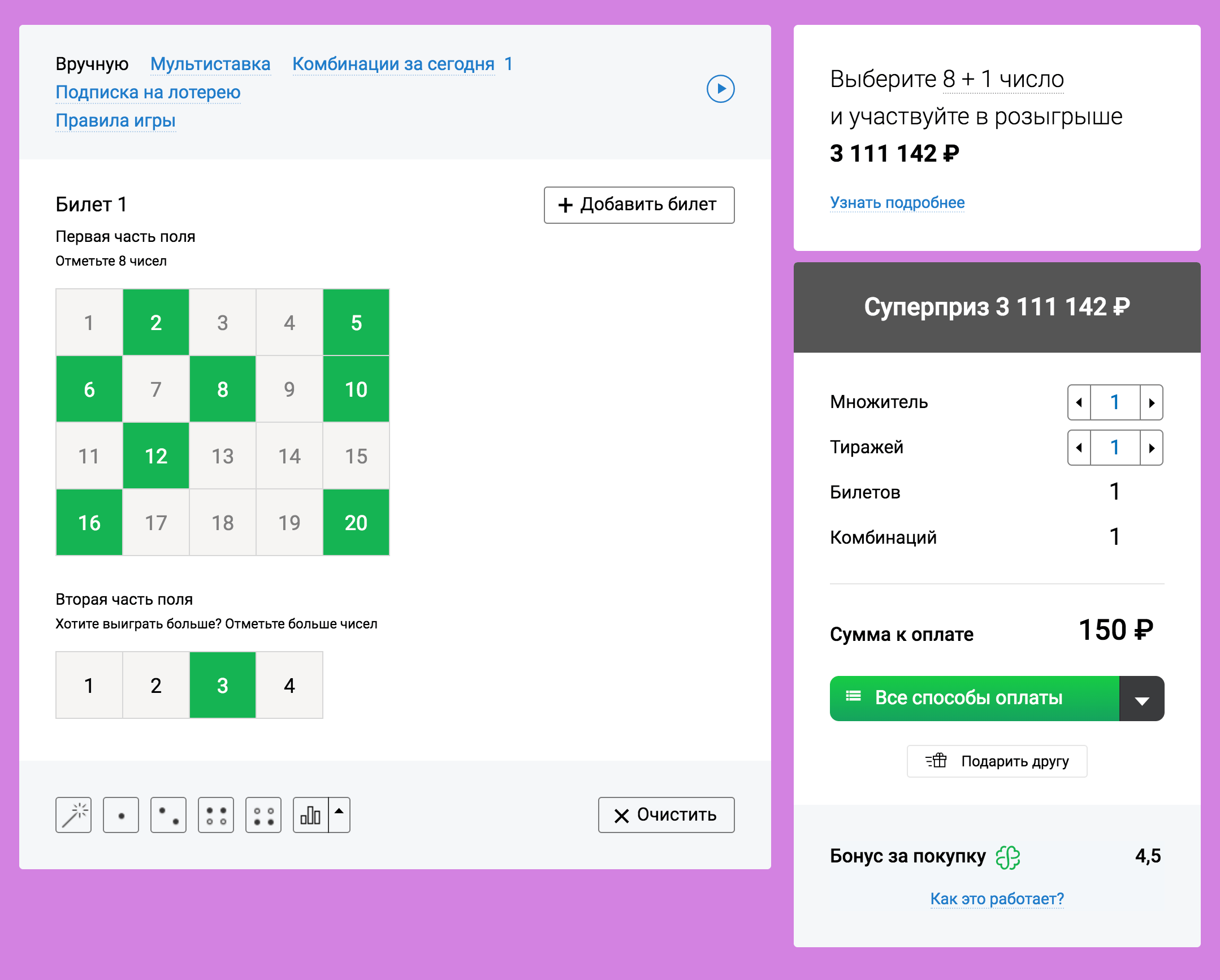

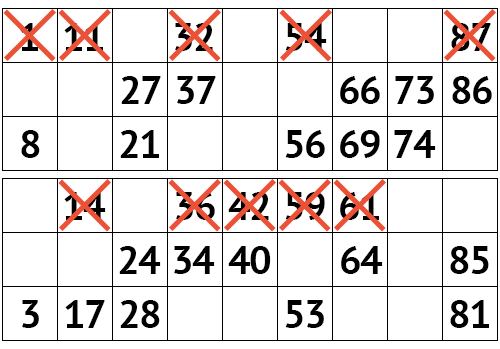

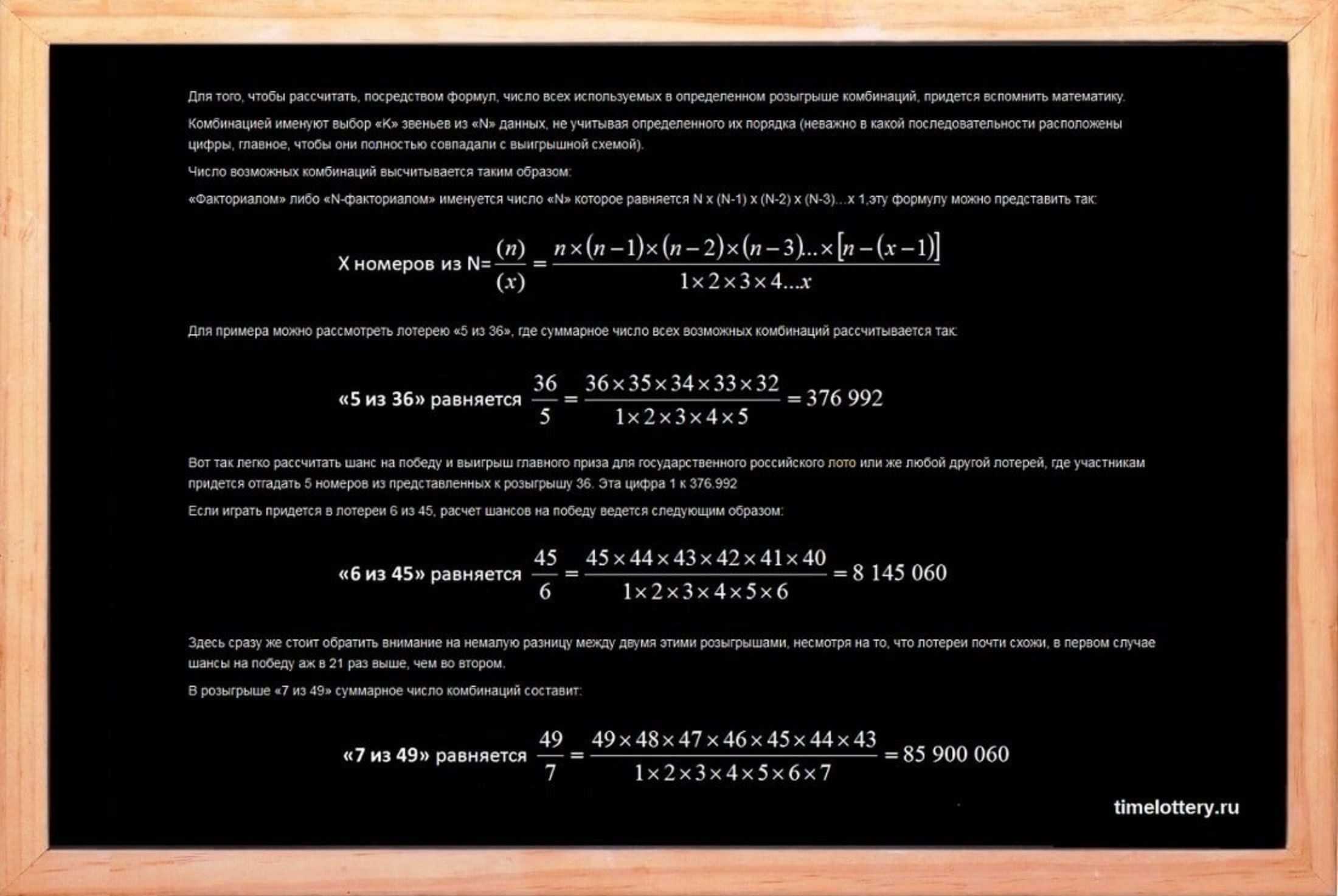
![Top 15 lotteries in russia, in which to win [without cheating]](https://ivaquest.ru/wp-content/uploads/3/1/0/310d3f21bc9095010930b60fd8391dda.jpg)

